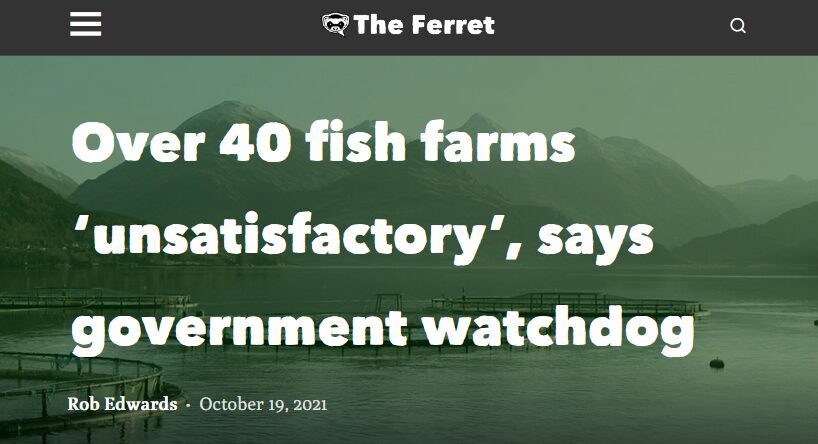
Skoska umhverfisstofnunin segir að ástand 40 sjókvíeldisstöðva við landið sé „mjög slæmt“, „slæmt“ eða „valdi hættu“ vegna brota á reglum um umhverfisvernd.
Engin ástand er til að ætla að ástandið sé neitt skárra hér. Þannig hefur Umhverfistofnun til dæmis þurft að áminna Arctic Fish vegna ýmissa brota á leyfum við sjókvíaeldi fyrirtækisins í Dýrafirði.
Fyrirtækið var meðal annars með óleyfilegan búnað, sinnti ekki umhverfismælingum og var með meira magn af eldislaxi í sjókvíum en það hafði heimildi fyrir.
Skv. umfjöllun skoska fréttamiðilsins The Ferret:
„Over one in ten of Scotland’s fish farms have been rated as “unsatisfactory” by the Scottish Government’s environmental watchdog because of pollution, pesticide and reporting breaches, The Ferret can reveal.
The Scottish Environment Protection Agency (Sepa) has assessed over 40 of some 400 salmon farms around the coast as either “very poor”, “poor” or “at risk” because they broke, or threatened to break, environmental rules in 2019.
Campaigners have accused the £1bn industry of treating the seas as “sewers”, and called for discharges from salmon cages to be contained. Fish farming was damaging Scotland’s environmental reputation, they argued. …
The data suggests that fish farming is one of Scotland’s most polluting industries, after the waste and water industries. The 40 plus fish farms scattered around the highlands and islands assessed as unsatisfactory for 2019 include hatcheries as well as salmon cages in lochs, and are operated by different companies.
According to Sepa, many of them have breached environmental limits on discharges of pesticides and wastes, putting wildlife at risk. Many have also failed to report compliance data in time.
Correspondence released under freedom of information law shows that some of the alleged breaches involve the toxic pesticide, emamectin, which is used to kill the lice that can infest farmed fish. Companies, however, have often disputed Sepa’s assessments, arguing that they shouldn’t be rated as poor.“
